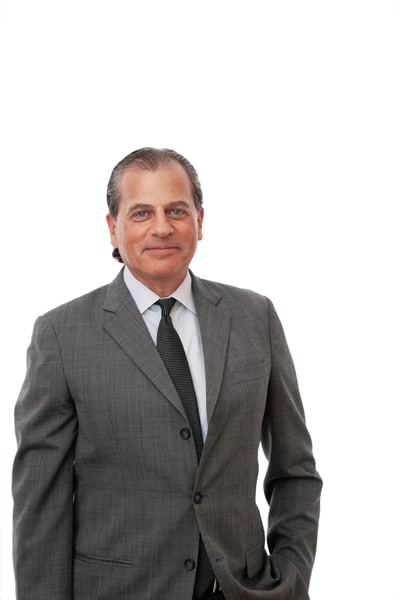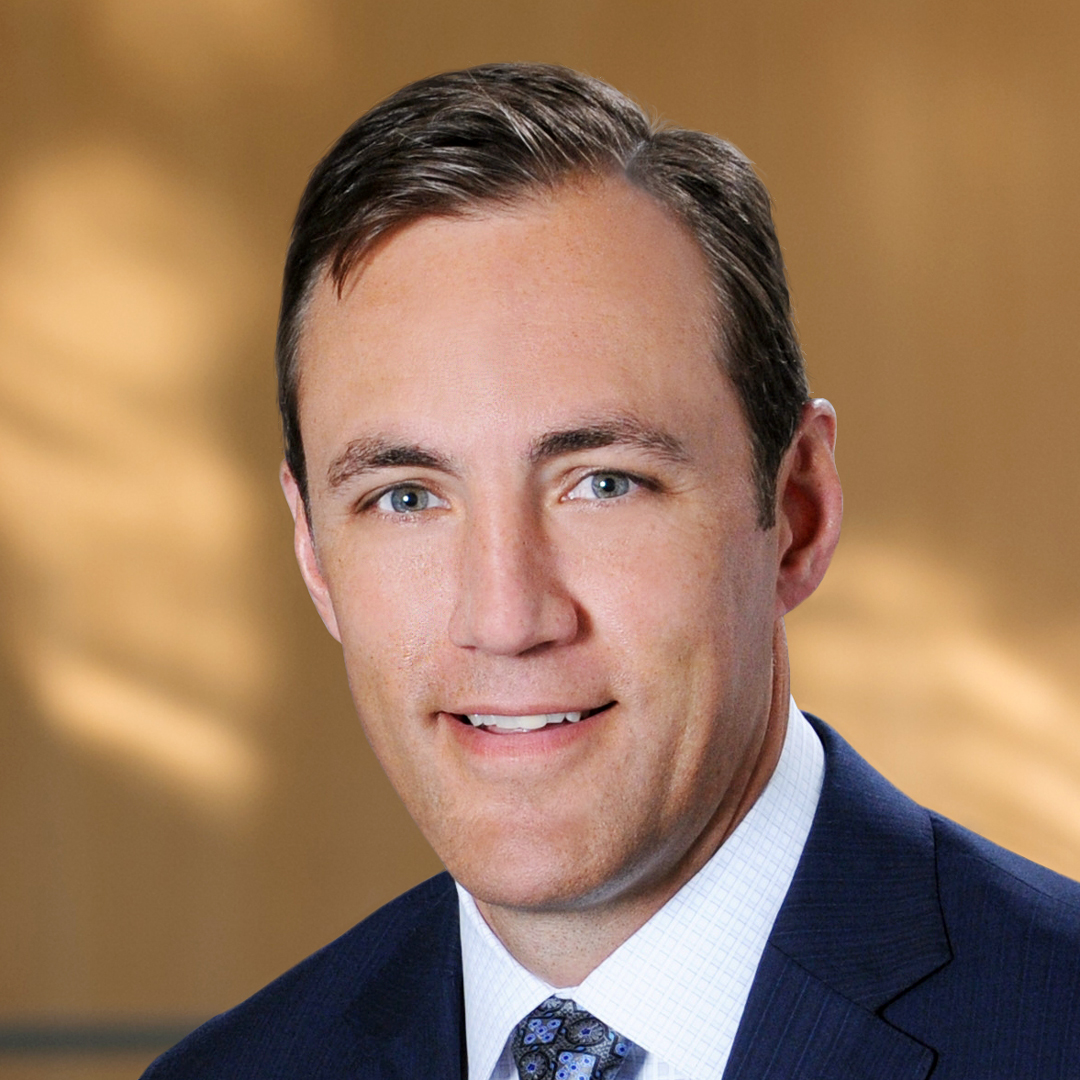One of the world’s largest insurance companies had come knocking in 2015. That’s when Japan-headquartered Tokio Marine Holdings set its sights on acquiring HCC Insurance Holdings, a Houston-based specialty insurer with more than one hundred different product lines in a variety of specified categories including aviation, event cancellation, and medical stop loss. The acquisition of HCC came at a premium—$7.5 billion—and Randy Rinicella was on the front lines of the contracting and negotiation process.
Now known as Tokio Marine HCC, the international specialty insurance group has been an active acquirer throughout its history—fifty-eight acquisitions to date—and has frequently used acquisitions to carefully build out its largely noncorrelated portfolio of specialty insurance products. Today, the company is undergoing another aggressive period of acquisitions. This new era of growth is spearheaded once again by Rinicella, senior vice president, general counsel, and secretary, who is applying his decades of specialized legal expertise to help the business seal its deals.

Modern Counsel met with the legal leader to reveal his insights into the acquisition process, the Japanese business world, and the strategies that Rinicella and his team rely on.
Why do you think Tokio Marine had its eyes on HCC initially?
Prior to HCC, Tokio Marine Holdings also acquired Philadelphia Consolidated Holding Corporation, in 2008, and then Delphi Financial Group, in 2012, which has a large insurance subsidiary.
So, we were its third major North American acquisition in the span of seven years. I think that was part of a conscious strategy on Tokio Marine’s part. The objective was to become more of a global company than it already was and to generate 50 percent of its profits outside of Japan.
As you may know, over the next thirty-five to forty years, the Japanese population is expected to decrease dramatically due to aging. Tokio Marine used to primarily be a life insurance company, and if you’re a life insurance company, that’s not exactly the demographic you want. To its credit, I think Tokio Marine recognized this and embarked on an expansion program to diversify and increase its presence, specifically in North America.
That sounds like a wise strategy, considering the demographics. Tell me about integrating into the Japanese business world. How has that process been for you and your team?
It’s a very shrewd and strategy-oriented environment. What impresses me even more is that Japanese companies also execute rather well. Each of the three North American acquisitions were very high-performing companies. HCC is a specialty insurer with unique underwriting experience for niche markets.
For instance, we’re in the top five globally for directors and officers liability insurance, which is a very specialized type of underwriting that not many companies do because only so many underwriters have that level of expertise. So, what Tokio Marine specifically does is acquire high-performing companies, and it’s willing to pay a premium for them. True to form, the premium it paid for HCC was, I believe, 38 percent over the prior-day closing price.
It also retains management and doesn’t try to consolidate companies. As a result, we did not have any executive-management departures at the corporate or subsidiary level, because HCC is a decentralized company—sort of like a portfolio of specialty insurance companies. Of course, there’s a lot of reporting and participation, but management is left intact.
What was the process during the initial acquisition?
It was a very smooth process. Right out of the gate, Tokio Marine offered a very compelling value. There weren’t any serious antitrust issues. There wasn’t a lot of overlap between the two companies’ existing businesses. It went quickly, and the negotiation of the agreements was straightforward. It was not a difficult deal from an execution standpoint.
What was your legal team’s involvement?
We had a large New York law firm representing us—Willkie Farr & Gallagher—that is very experienced in M&A. Its lead partner, Michael Groll, has several decades of experience just in insurance M&A. Of course, I was directly involved with Michael Groll in negotiating the terms of the agreement and moving it through the various regulatory processes.
Did the acquisition entail any unique regulatory processes?
When you have an insurance company that is being sold, besides the usual federal antitrust analysis, there are also state regulatory insurance approvals, because in the US, insurance is regulated by each state. So, depending on how many subsidiary insurance companies you have, you need to get approval from each state where an insurance company is domiciled. We had several companies domiciled in various states, so that approval process required attention. This situation demanded unique expertise that you don’t generally need in other types of business acquisitions.
How do you think your earlier career experience prepared you for your general counsel role?
Unlike a lot of lawyers, I have both litigation and transaction experience. And when I say transaction experience, I mean not just acquisition experience but acquisition finance experience, because I have done commercial banking work. I also have a significant litigation background, mainly from experience early in my career. At an insurance company, you have lots of litigation. We have about seventy-five lawyers across the company, and most of those lawyers are claims attorneys because we have so many lines of business.
Specifically, the ability to analyze and manage risk in litigation is something with which my background has really helped. I don’t have to rely as much on outside lawyers to help me manage the litigation. I have the experience to be more independent and form my own judgments about risk on cases.
For instance, we recently had a class-action case involving one of our business lines, which is something that is high-stakes litigation. We were able to get that dismissed before we even got to the class-certification stage, which was a big advantage. If I did not have the kind of litigation background that I do, it would have been more difficult for me to manage the case and assess how to best handle it.
Because you’re able to foresee what’s going to happen in the litigation phase?
Well, you’re able to make a more reasoned judgement about what the risks are. In other words, just because you get involved in a class-action case, some lawyers might immediately become concerned and try to settle at any price. That’s not what I would do. I’m aiming to do better than that.
Under Tokio Marine, HCC seems to be going through a busy period of acquisitions. What are your strategies when approaching these acquisitions?
We’re seeing more deals and more from an international perspective. The key element I’m working on now is a focus on bolt-on acquisitions, where you already have an existing business and you’re looking to broaden the scope of your present business by acquiring a company that has a specific line of business or niche related to yours.
The second type of acquisition we’re focused on is adding brand-new lines of business, such as our 2015 acquisition of ProAg, a big crop insurance company. Since acquiring ProAg, we’ve added to our crop insurance business with a business called International Ag. That’s a good example of our bolt-on strategy. We’re not really a consolidator. We’re either adding on to an existing business or looking to add new specialty lines of business.
How about the future?
Specifically, we’re focused on acquiring companies where technology gives us a competitive advantage within our insurance operations. These might be acquisitions where technology provides more cost-efficient means of reaching prospective customers and selling them insurance products, or they might be predictive-analytics companies that will help us improve our underwriting decisions and results. The Qdos Contractor business is one such acquisition where we acquired a leading provider of insurance products and services to the growing UK independent-contractor and freelancer market via an online digital-delivery platform.


